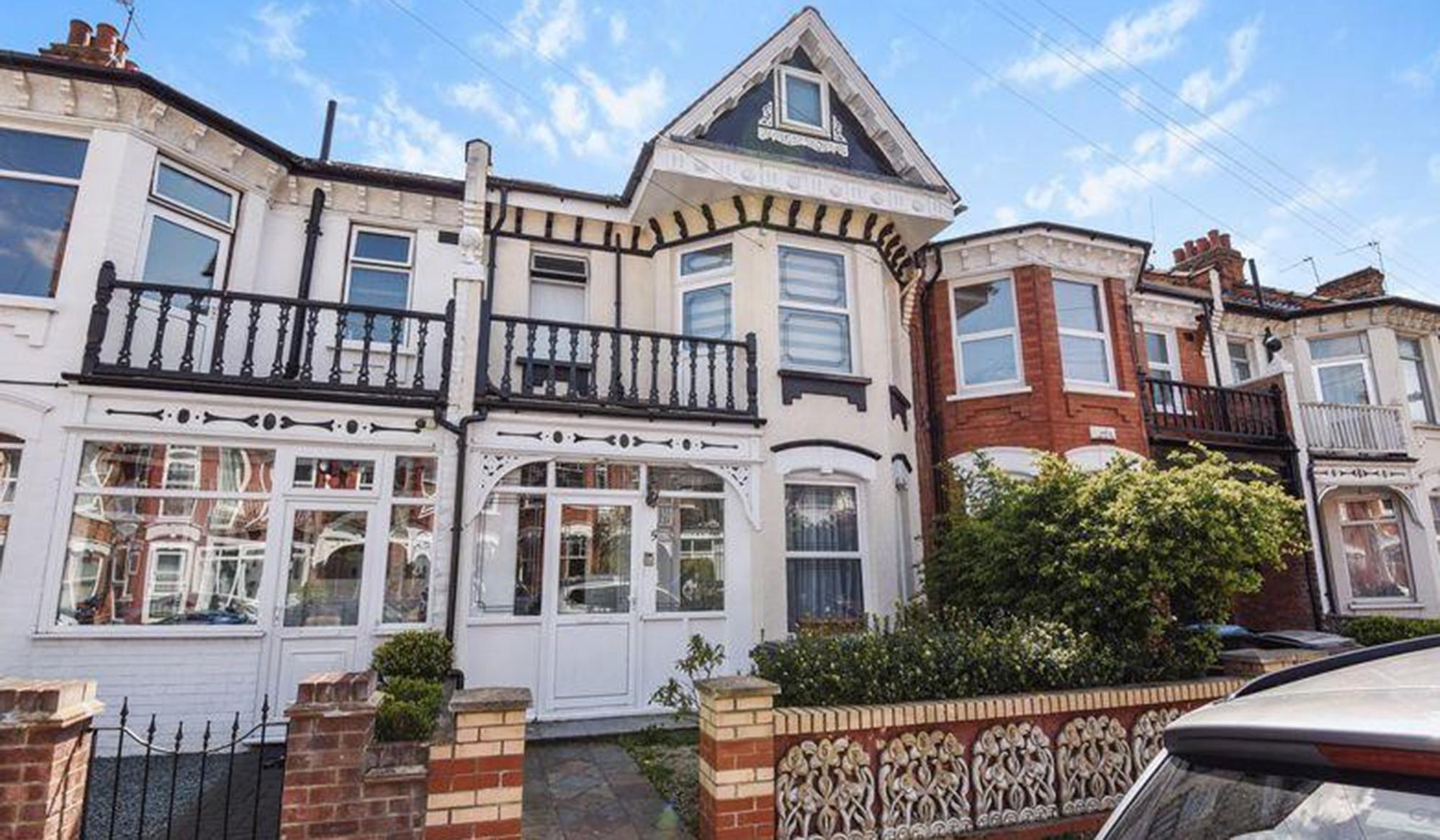The house I bought in 2005 has gone up in value by 135 per cent, but I'm still not jumping for joy
The housing crisis is not just about sky-high cost but the terrible conditions that so many now live in. This Government faces a huge task to correct the mistakes of its predecessors


I am reaching the age when friends are more likely to announce that they are getting divorced than married and to grumble about their own children rather than coo over other people’s. One or two have bought sporty cars in an effort to ward off the reality of ageing. Sure enough, I occasionally look back on my twenties with fond (if sometimes hazy) memories of those less responsible years. But do I wish I was 15 years younger? Not a chance.
The economic crash has made life hard for vast numbers of people in this country, as stagnating wages and soaring living costs combine in a toxic mix. For those just a decade or so younger than me, the realities of the jobs market and the lack of affordable housing have been grim. And thanks to the ongoing economic uncertainties of our age, it is hard to be confident that the situation is going to change any time soon.
Housing provides perhaps the most iniquitous example of financial inequality in this country. In the last decade, countless swanky flats have been snapped up by wealthy investors, either as buy-to-lets or simply as a means to move money into Britain from abroad. The dip in house prices which immediately followed the crash in 2008 was quickly corrected, despite a tightening of mortgage rules. First-time buyers were squeezed at the expense of those looking at property as a means to make money, not as a home.
By being born at the end of the 1970s, it turns out I got lucky (I even liked 1980s music). At the age of 26, I and my future wife were able to get a foot on the housing ladder, snaffling a grotty one-bedroom flat in a decent south-west London location. We sorted out the damp the best we could, put up with various drain-related floods and departed just before the crash for a three-bedroom semi in the provinces.
I looked up that first flat on Zoopla to find that it was last sold this summer for a staggering £540,000. That’s an increase since I bought it in 2005 of 135 per cent, yet in the corresponding period real wages have fallen. It is nothing short of insanity.
For renters too the situation is bleak. Figures from SpareRoom.co.uk in July showed only 7 per cent of rooms available in London flatshares cost less than £500 a month. More than 40 per cent cost tenants £750 or more. And while things are particularly pricey in the capital, the whole of the UK is experiencing the same problem. Statistics from the referencing firm HomeLet, published earlier this year, suggested that rents were growing fastest Scotland. So far, Brexit appears to have diminished the number of properties for sale; there are correspondingly more rentals available. But prices continue to rise.
What’s worse is that vast numbers of renters are not only struggling to afford the homes they live in, but those homes are not even very pleasant places to be. Shelter’s new Living Home Standard highlights the problems faced by many in terms of having adequate space and with regard to the general condition of their property. In a representative survey of around 2,000 people, Shelter concluded that 43 per cent of people in the UK live in homes that don’t meet at least some aspect of its standard – more than one in four. That, frankly, is shocking.
Earlier this month the Government said it was assigning £5bn to build 25,000 new homes by 2020 (and ultimately nearly a quarter of a million) to tackle the current shortage of good quality housing. But that is merely a brick in the wall.
The Mayor of London, Sadiq Khan, suggests that the capital alone needs 50,000 new homes – each and every year. Whichever way you look at it, the failure to build houses in sufficient numbers and of sufficient quality has been perhaps the greatest public policy blunder of the last half century.
Yet even this is only half the story: the crisis in Britain’s housing isn’t just about a simple shortage of properties but about a failure of regulation too. In 1980, 30 per cent of homes were rented by councils and housing associations; that has fallen by a half, with the private rental sector now dominant. For every good private landlord there is a duff one, interested only in securing the highest rate of return possible. (Rent controls? What are they?)
Tenants, often desperate to find anywhere to call home and at the mercy not only of rising rents but voracious estate agents, feel they have no recourse when things go wrong.
With rents left to the mercy of simple supply and demand calculations, it is no surprise that home ownership has become a business as much as a life ambition. But the failure of successive governments to consider the negative economic – and crucially social – effects of the buy-to-let (and “buy-to-leave”) markets is scandalous. George Osborne’s belated changes to stamp duty for would-be landlords were too little, too late.
The Government faces a huge task to correct the mistakes of its predecessors. First, it must build new homes, and not just a couple of hundred thousand.
Second, it must accept that the selling off of vast swathes of Britain’s social housing stock was a colossal error and seek to reverse the situation. Third, it must do more to penalise those who buy domestic property with no intention it being inhabited. Fourth, it must crack down hard on bad landlords.
At the beginning of this century, most people in this country probably believed the idea that if you worked hard, you could live decently. You might not quite bag the Englishman’s proverbial castle, but you could make a home. Now it is clear that such a notion was built on the flimsiest of foundations.


Join our commenting forum
Join thought-provoking conversations, follow other Independent readers and see their replies